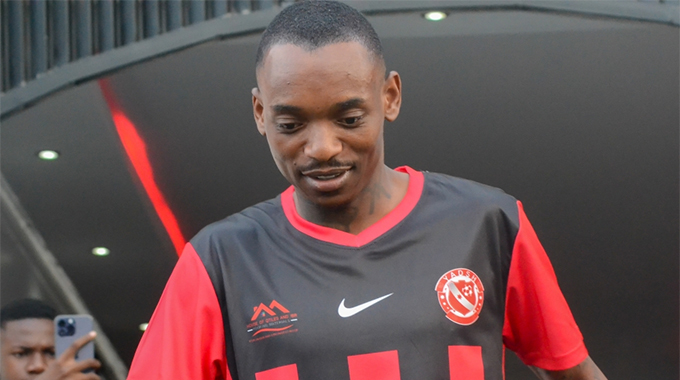African pioneers who paved way for Weah, Salah, Mahrez
LONDON. — Mohamed Salah, Sadio Mane, Riyad Mahrez and Pierre-Emerick Aubameyang are among the latest African stars plying their trade at some of Europe’s most prestigious football clubs.
They are following in the footsteps of other greats who played at the highest level in Europe, not least George Weah who was named World Footballer of the Year in 1995.
The Liberian president remains the only African player to have won world football’s top award, although Mozambique-born Eusebio won the Balon d’Or in 1965 when he played for Portugal.
For decades the African continent has been a gold mine for foreign scouts looking to find the raw talent that can become the next Weah or Abedi Pele or Emmanuel Adebayor.
Unfortunately for every success story there are also countless examples of those who do not make the grain, with many of those failures down to unscrupulous recruiters.
Despite all the problems and prejudice faced by African players there have been players from the continent showcasing their skills in Europe for more than 120 years.
The BBC’s Ahmed Rouaba has picked out some of the pioneers for African players in Europe.
While multi-talented Arthur Wharton, who was born in what is now the Ghanaian capital Accra, played for Preston North End in 1886 he left the club before an organised and recognised league began in England.
Wharton, who was also a talented athlete, returned later to play for several other teams and he is widely recognised as the first professional black player in English league football.
The next African to make an impact in the English league was Egyptian Hussein Hegazi, who played for Fulham in 1911.
Hegazi, who was born to a wealthy family in Egypt’s Delta region in September 1891, first moved to England in 1910 so he could study engineering at the University of Cambridge.
He first caught the eye of teams in the top flight while he was playing for non-league London-based Dulwich Hamlet FC.
The Egyptian forward proved to be a sensation for the fans, who admired his agility and speed, while the local press was full of praise for the lithe striker who was able to break down opposition defences with ‘magical ease’.
He also played for Egypt at the 1920 Olympics, having returned home in 1914 where he continued his career at several local clubs, including Cairo giants Al Ahly.
Hegazi to this day is regarded as the “father or Egyptian football” and has a street named after him in Cairo. — BBC Sports Africa.






Comments